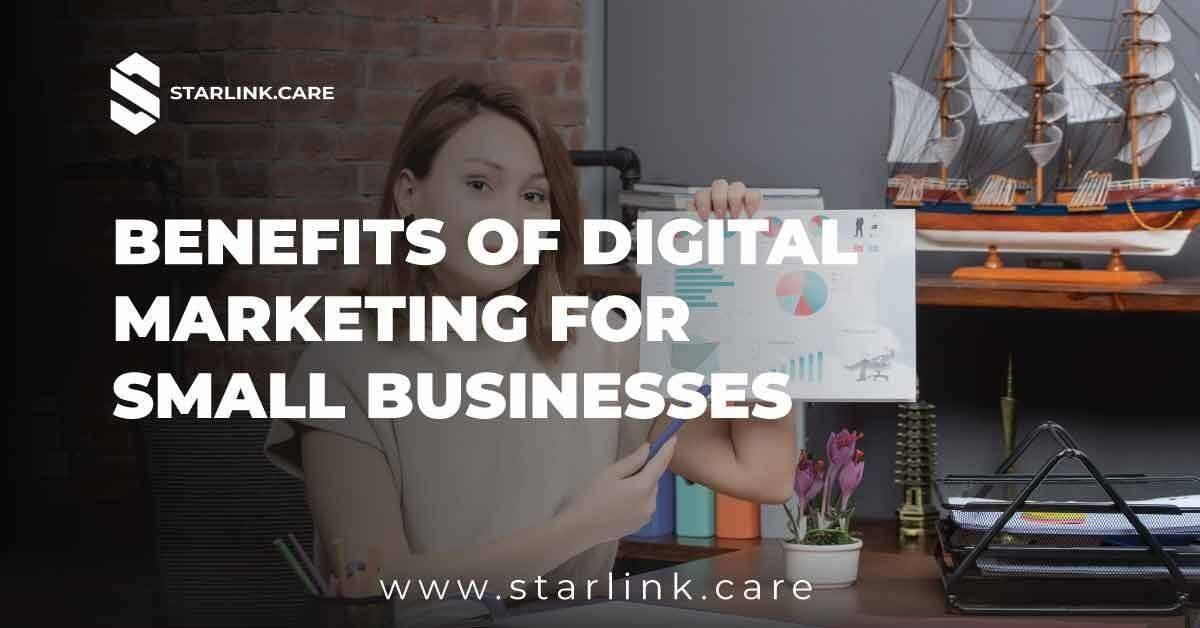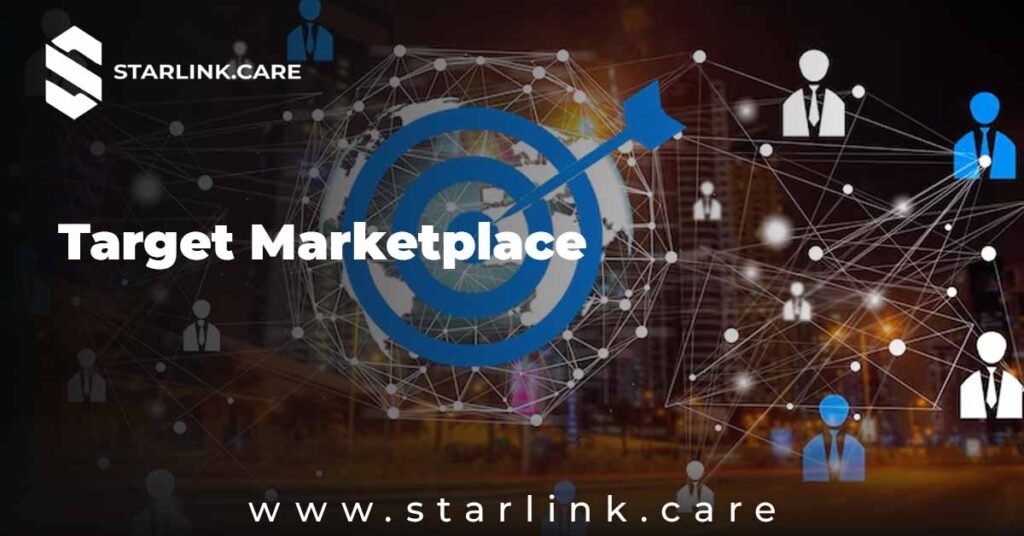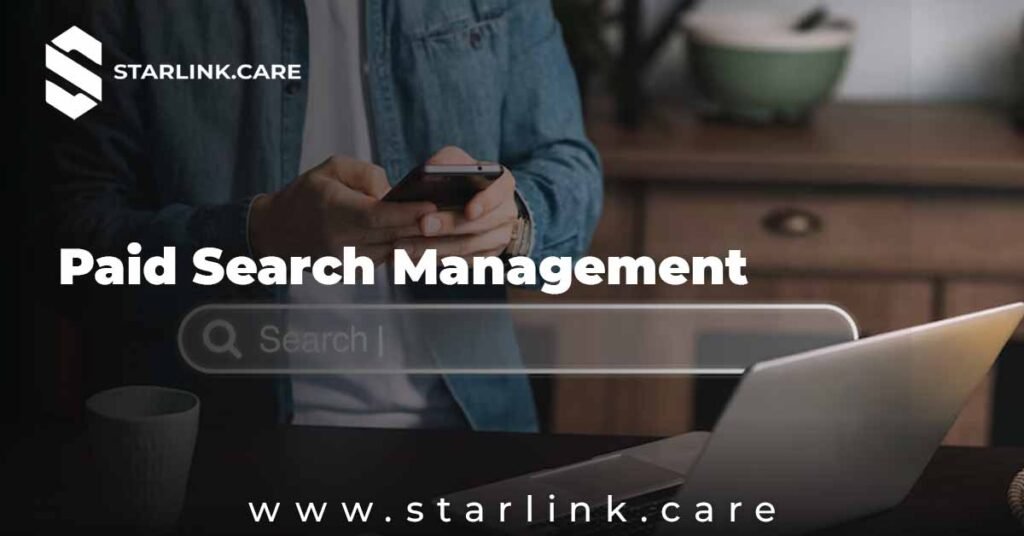In today’s fast-paced world, small businesses need to stand out online. With so many people relying on the internet to find products and services, having a digital presence is no longer optional—it’s a necessity. This is where the benefits of digital marketing for small businesses come into play, providing the tools and strategies to reach customers effectively and affordably. In this article, we’ll explore these benefits, offer some easy steps to get started, and explain why digital marketing is a game-changer for small businesses.
Why Digital Marketing Matters for Small Businesses
Imagine a small bakery opening in a bustling town. Without digital marketing, they rely mostly on word-of-mouth or walk-in traffic. But by setting up social media profiles, sending email newsletters, and running ads online, they can reach hundreds—even thousands—of potential customers in their area. Digital marketing doesn’t just level the playing field for small businesses; it can help them thrive in competitive markets.
1. Cost-Effectiveness: Spend Less, Reach More
One of the biggest benefits of digital marketing for small businesses is that it’s cost-effective. Traditional marketing methods, like print ads or TV commercials, can be expensive and may not reach the right audience. Digital marketing, on the other hand, allows businesses to target specific audiences at a fraction of the cost.
For instance, a local coffee shop can set up a Facebook ad campaign targeting people within a five-mile radius who love coffee. With a small budget, they can reach hundreds or thousands of potential customers who are actually interested in what they offer.
2. Better Targeting: Reach the Right People
Digital marketing provides tools like social media targeting and search engine optimization (SEO), which help businesses reach specific groups of people. This ensures that your marketing budget is spent wisely by reaching those who are most likely to become customers. With SEO, you can optimize your website to show up in search results when people look for relevant products or services.
For example, a small pet shop can create blog posts about pet care tips and optimize them with keywords like “best dog food” or “pet grooming.” When people search for these terms, they’re more likely to find the shop’s website. This targeted approach makes digital marketing especially valuable for small businesses with limited budgets.
Step-by-Step Guide to Starting with Digital Marketing
If you’re new to digital marketing, don’t worry! Here’s a simple step-by-step guide to get started:
- Set Your Goals: Decide what you want to achieve with digital marketing. Are you looking to increase sales, build brand awareness, or drive traffic to your website?
- Create a Website: A website is the foundation of your digital presence. Use a platform like WordPress or Shopify to set up a professional-looking website that’s easy to navigate and mobile-friendly.
- Optimize for SEO: Conduct keyword research to find relevant search terms your customers are using. Tools like Google Keyword Planner can help. Use these keywords naturally throughout your website.
- Build Social Media Profiles: Choose platforms that suit your audience—Instagram for visuals, LinkedIn for professionals, or Facebook for community engagement. Post consistently and engage with followers.
- Run Targeted Ads: Platforms like Google and Facebook allow you to run ads targeting specific demographics, locations, and interests. Start small, test what works, and adjust your campaigns based on performance.
- Monitor and Improve: Use analytics tools to track your progress. Google Analytics provides insights into website traffic, while social media platforms offer data on engagement. Use this data to improve your strategy.
Real-Time Feedback and Measurable Results
Another major benefit of digital marketing for small businesses is the ability to track results in real-time. Unlike traditional marketing, where you may have to wait weeks or months to see if an ad worked, digital marketing tools offer instant feedback.
Let’s say a local florist runs a Google Ads campaign promoting a Valentine’s Day special. They can see how many people clicked on the ad, how much was spent per click, and even track how many purchases resulted from the ad. This data helps businesses fine-tune their campaigns and maximize their return on investment (ROI).
Social Media: A Powerful Tool for Customer Engagement
One of the most valuable benefits of digital marketing for small businesses is the chance to engage with customers on social media. Platforms like Facebook, Instagram, and Twitter allow businesses to connect with customers in a personal and authentic way.
For instance, a small clothing boutique can use Instagram to showcase new arrivals, post stories, and even run special promotions. By responding to comments and messages, they can build a loyal following and turn followers into customers. Social media also provides an avenue for customer feedback, helping businesses improve based on real customer needs.
Increased Brand Visibility and Trust
When people can easily find your business online, it builds trust. Studies show that consumers are more likely to buy from brands they can find on social media or through search engines. Digital marketing helps increase your brand’s visibility, making it easier for potential customers to find you.
For example, a small landscaping business might create a Google My Business profile, encouraging customers to leave reviews. Positive reviews build trust and make it more likely that future customers will choose their services.
Final Thoughts on the Benefits of Digital Marketing for Small Businesses
In a world where people spend so much time online, digital marketing has become essential for small businesses looking to grow and stay competitive. From cost-effective strategies and better audience targeting to real-time feedback and increased trust, digital marketing offers numerous advantages that traditional methods simply can’t match.
By embracing these benefits of digital marketing for small businesses, you can reach more customers, build lasting relationships, and grow your brand. The digital world is full of possibilities, and with the right approach, your small business can thrive.







